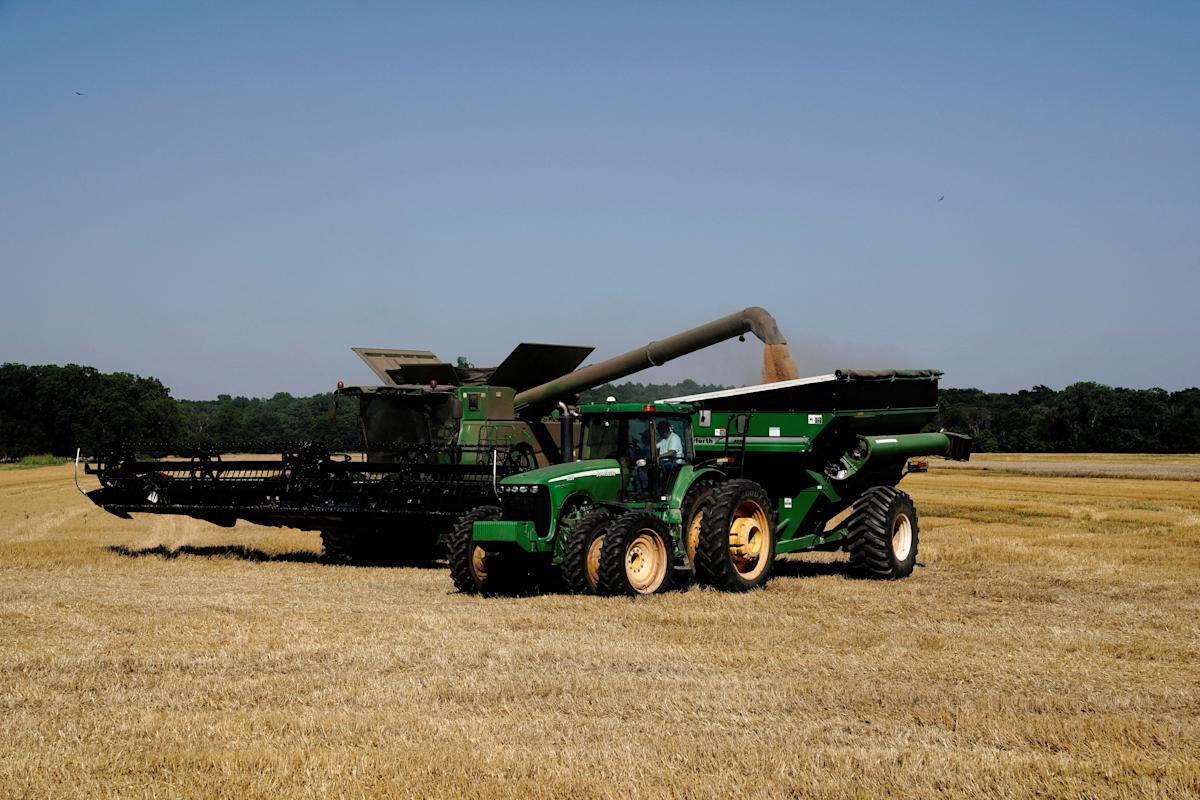President Trump’s trade deals with Asian allies are under threat after South Korea said Washington’s terms were unrealistic and Japan hinted that their agreement may need to be reviewed.
“We are not able to pay $350 billion in cash,” South Korea’s National Security Adviser Wi Sung-lac said. “It is objectively and realistically not a level we are able to handle.”
Seoul and Washington agreed in July to a $350 billion investment pledge as part of a trade deal to lower US tariffs to 15% from 25%. A similar pledge made by Japan worth $550 billion also remains unclear.
Last week, Trump announced new tariffs on pharmaceuticals, heavy trucks, and furniture, including a 100% duty on patented drugs, with some exemptions.
This move is one of Trump’s new industry-focused duties and shows the rapid expansion of his tariff regime. While the president has long previewed the pharma tariffs, the other goods represent new trade targets.
The new tariffs range from 30% to 100%. Exceptions for pharmaceuticals apply if the producer is building a manufacturing plant in the US or if the country has a trade agreement that covers drugs, according to the White House.
Earlier in the week, Trump floated using revenue the US has accrued from his tariffs to offer bailouts to farmers struggling with the early effects of the duties.
Trump said farmers are, “for a little while, going to be hurt until the tariffs kick into their benefit.”
It’s unclear what mechanism the administration would use to provide relief to farmers, and it could run into issues with a looming Supreme Court review of the tariffs. An unfavorable ruling to the administration, which would follow lower court decisions, could force the administration to refund billions of dollars of that revenue.
Elsewhere, the US and China are reportedly in the final stages of negotiations for a “huge” Boeing (BA) aircraft deal that could end up as a “centerpiece” of a broader trade agreement.
The US and China have made progress toward various contours of a broader deal following a call between Trump and China’s President Xi Jinping last week. Trump said after that call that the countries had reached an agreement to spin off the TikTok app in the US, with the White House later naming Oracle (ORCL) as part of the consortium of investors.
Trump said the two leaders plan to conduct a series of meetings in the coming months, as Yahoo Finance’s Ben Werschkul reported.
Read more: What Trump’s tariffs mean for the economy and your wallet
Here are the latest updates as the policy reverberates around the world.
LIVE 1924 updates
Trade Representative Maros Sefcovic said on Thursday that European automakers are set to save up to $700 million a month now that the EU-US trade deal is in place.
AP reports:
